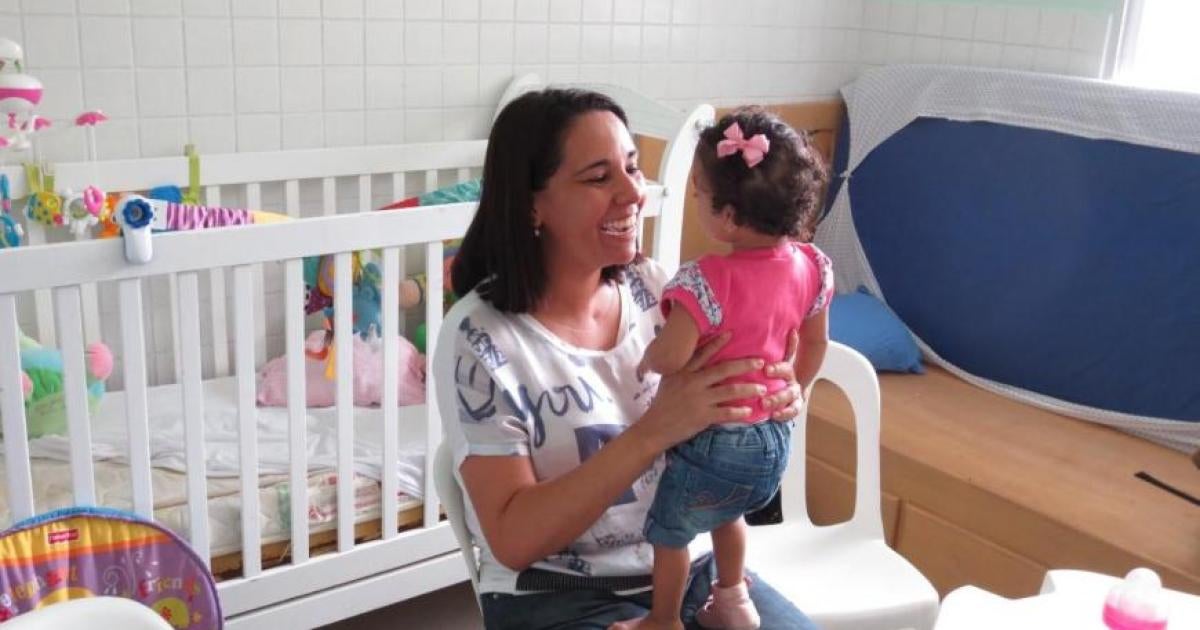(São Paulo) – A Brazilian presidential decree threatens to undermine children with disabilities’ right to a quality, inclusive education, Human Rights Watch said today. Human Rights Watch filed two amicus briefs with Brazil’s Supreme Court, which is hearing two cases challenging the decree.
Decree 10.502/2020, which establishes the National Special Education Policy, adopted on September 30, threatens to undermine existing laws and policies that ensure that people with disabilities can study in Brazil’s mainstream education system. The decree appears to be aimed at promoting the establishment of a separate system of special schools. It also allows authorities to send children with disabilities to special schools if they are classified as “those who cannot benefit from the developmental benefits of being accepted into regular inclusive schools and who require diverse and continuous support.”
“No one should be prevented or barred from attending schools in their community because they have a disability,” said Carlos Rios Espinosa, senior disability rights researcher and advocate at Human Rights Watch. “This new decree threatens to undermine important progress toward inclusive education in Brazil.”
Two challenges to the decree are pending before Brazil’s Supreme Court. In 17-page amicus briefs submitted to the court in each case, Human Rights Watch explained why the decree threatens the right of people with disabilities to receive a quality, inclusive education on an equal basis with others. The decree contains several provisions that could allow discrimination against children with disabilities and their exclusion from the general education system. Instead of strengthening accommodations to ensure the effectiveness of inclusive education, the decree encourages state and municipal authorities to create separate classes for students with disabilities within specialized or mainstream schools.
The decree also requires the development of criteria to identify “students who are not benefiting from inclusive mainstream schools,” which could give authorities justification for using it to remove some children from mainstream schools and require or pressure them to attend special schools or classes.
The Brazilian government did not consult with people with disabilities before issuing this decree, even though under Brazilian and international law governments are required to closely consult with them when formulating policies relating to and protecting the rights of people with disabilities.
Through Brazil’s Freedom of Information law, Human Rights Watch obtained the decree’s “Explanatory Memorandum,” which the Presidential Secretariat, the Ministry of Education, and the Ministry of Women, Family, and Human Rights participated in drafting the decree. The Explanatory Memorandum makes clear that the government did not consult with people with disabilities, including children with disabilities, about the decree.
The government claims it only conducted an online poll in 2018. However, the poll did not meaningfully explore the specific opinions of people with disabilities: out of 8,329 respondents, only 47 (0.6%) were students with disabilities, and no respondents said they wanted to return to segregated education.
Brazil ratified the United Nations Convention on the Rights of Persons with Disabilities (CRPD) in 2008. The Convention has constitutional status in Brazil, and all rights guaranteed in the Convention should be guaranteed in national law. This includes the right to a quality, inclusive education on an equal basis with others, and the right to reasonable accommodations and assistance to facilitate a meaningful education.
An inclusive education system supports the full and effective participation, access, attendance and achievement of all students, especially those at risk of being excluded or marginalized. Education systems should provide individualized educational responses rather than expecting students to fit into the system.
The right to non-discrimination in education includes the right to not be segregated. Segregation occurs when the education of students with disabilities is provided in a separate setting, such as a special school, and separated from students without disabilities. Segregation can also take the form of placing children with disabilities in separate classrooms within mainstream schools.
“The new decree risks isolating children with disabilities by encouraging segregated schools and classrooms, and even allows authorities to consider them ineligible for mainstream education,” Ríos Espinosa said. “This decree is a big step in the wrong direction for disability rights.”

